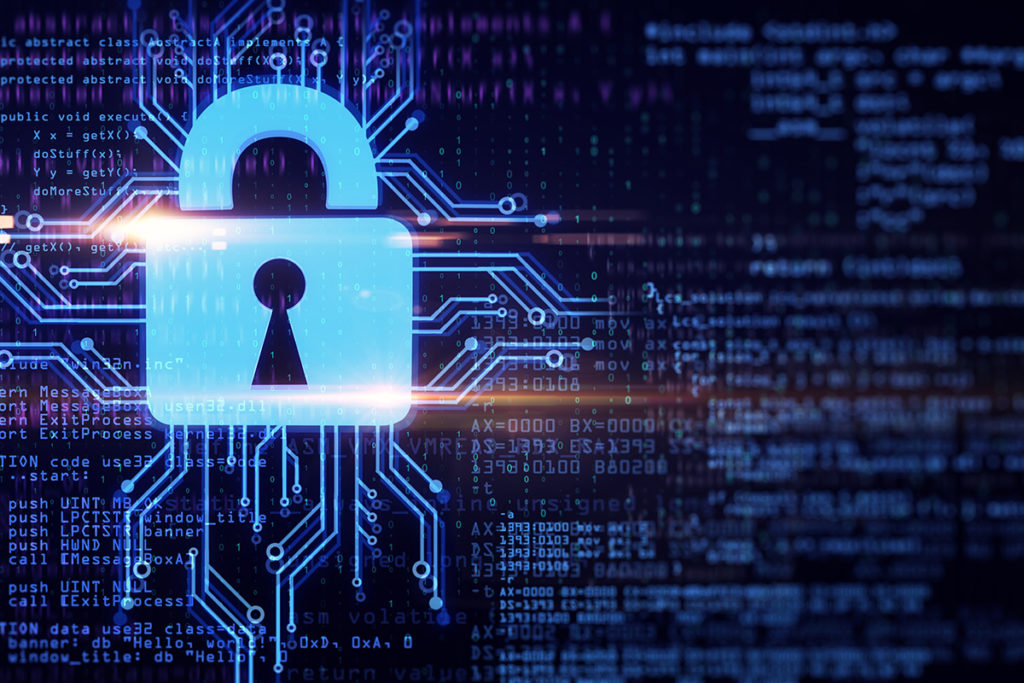
NRECA has received $6 million in a cooperative agreement with the Department of Energy to further develop its groundbreaking cybersecurity tool known as Essence and deliver it to electric cooperatives nationwide.
Essence 2.0 uses sophisticated real-time anomaly detection to identify and warn of possible network breaches. The DOE funds will go toward a three-year development, deployment and testing of the technology at 55 member co-ops.
“We thank the Department of Energy for recognizing the importance and value of Essence to our industry’s cyber-readiness,” said NRECA CEO Jim Matheson. “As cyberthreats continue to evolve, so must electric co-ops’ capability to defend against them. We are proud of this pioneering tool and believe Essence will be a vital cybersecurity resource for our members.”
Essence 2.0 monitors for cyberthreats and instantly provides key data to network administrators and system operators to isolate the incident and defend the system. Using an algorithm that sets a “normal” state for a computer network, Essence evaluates the system continually for anything out of the ordinary. When an anomaly is detected, an alarm is raised.
The Essence 2.0 technologies will enable the utility industry to share characteristics of an incident to help detect whether a large, coordinated cyberattack is afoot.
“The DOE award will allow us to continue to advance the platform’s usefulness for industry and strengthen our capabilities for protecting our nation’s power grid,” said Doug Lambert, NRECA’s senior principal for grid solutions.
DOE split $12 million from Congress between NRECA and the American Public Power Association to build cybersecurity tools for electric co-ops and municipalities. The department seeks deployment to utility participants by 2023.
“As the final link in the chain of secure electric delivery, these community-owned companies and cooperatives rely heavily on the types of shared security resources we are aiming to provide through this initiative,” said Sean Plankey, DOE principal deputy assistant secretary for the Office of Cybersecurity, Energy Security and Emergency Response.
With funds from DOE, NRECA began developing Essence in 2014 and has since built a five-layer framework of cyber tools, including GridState, an anomaly detection engine funded and tested by the Defense Advanced Research Projects Agency (DARPA) on Plum Island, New York.
“By deploying to cooperatives, we use real utility data and bring the knowledge and capabilities gained through the DARPA test range experience into the real world,” Lambert said.
Essence technologies will undergo their final exercise on the DARPA test range in October with a team of 10 National Guard members using the tools NRECA developed to locate cyber threats. Lambert will guide the exercise remotely from Wake EMC, based in Wake Forest, North Carolina.
Cathy Cash is a staff writer at NRECA.
Electric co-ops that want to participate in this project should contact Doug Lambert at Doug.Lambert@nreca.coop. Please include “Essence 2.0 Deployment Candidate” in the subject line. An informational video further explains the development of Essence 2.0.